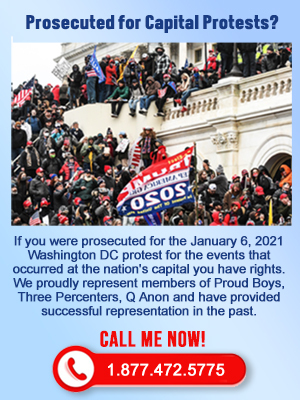Ex-rap mogul Marion ‘Suge’ Knight received a 28-year state prison sentence this week, approximately four years after he murdered businessman Terry Carter and hurt another man outside of a restaurant in Compton CA in 2015.
The 53-year-old producer and co-founder of Death Row Records made a surprising plea deal with California state prosecutors in September, just days before his murder trial was going to begin in Los Angeles.
Knight pleaded no contest to charges of voluntary manslaughter and agreed to the prison sentence of 28 years. During the hearing, the family of Carter read emotional impact statements. His daughter Crystal said that Knight is a selfish, disgusting man, and she detailed the fond memories she had of her father. She also discussed why Knight should be severely punished for his crime. Crystal noted that she and the family had been to court 94 times, and she always came wanting justice for her father, and finally got it.
Carter’s younger sister also spoke to the court. She read an emotional letter from the deceased’s wife, as well as her own letter. She said that all of the children had been robbed of their father, the wife’s letter read. The woman said that she is merely surviving the death of her husband and not living. She is no longer the wife, mother and sister she was. She also said because of what Knight did, she cries constantly and no matter how much she tries to keep them back, she cries every day.
Prison Sentence a Turning Point
The long prison sentence is the low point for a long Knight decline. He was once one of the most legendary and important figures in hip-hop. At the pinnacle of his career in the 1990s, he put out hugely popular records that are now thought of as classics from Snoop Dogg, Dr. Dre and Tupac Skakur. He will need to serve at least 20 years in prison, so the chances that he will revive his music producing career are slim to none.
Knight was in the middle of the feud between rappers on the East Coast and West Coast that marked the middle of the 1990s. Skakur was in Knight’s vehicle when he was killed in a drive-by attack in 1996. Knight had state and federal felony convictions on his record for assault and armed robbery. He lost his power over Death Row Records after it filed for bankruptcy after a tax evasion charge.
In early 2015, he got into a fistfight with Cle ‘Bone’ Sloan, a long time rival, and a consultant on the NWA biopic ‘Straight Outta Compton.’ In an incident that was caught on video, Knight backed his truck into the man, and then drove it forward into Terry Carter, who later died from his injuries. Knight’s lawyers tried to argue it was an act of self-defense. Sloan was left with serious injuries to his foot and head. Knight was out on bail at the time for robbery and he fled the scene, but he was captured later by police.
Usually, voluntary manslaughter brings an 11-year prison sentence. But the rap mogul’s conviction along with his earlier felonies triggered the three strikes law in California. That doubles the sentence for manslaughter and adds six more years. He faced an additional five years because the criminal conviction was for a serious and violent felony. He also got an additional year for the allegation of using a deadly weapon for the truck he used in the crime.
Judge Ronald Coen stated during the sentencing that Knight earned 4.2 years credit for time that he served in pretrial detention. He also was found eligible to take off 15% or 4.2 years, off the term for good behavior. This means he will need to serve approximately 20 years before he is eligible for parole.
The agreement also cleared Knight in two other criminal cases from 2014. That year, he was accused of stealing a woman’s camera, and of sending text messages to F. Gary Gray, the ‘Straight Outta Compton’ director.
Knight was named by police as a possible suspect in the shooting murder of rap artist Christopher Wallace aka Notorious B.I.G., but he was never charged in that crime. In 2002, Knight was released from prison, and a charge of federal racketeering caused his record company to close, and he pleaded guilty to misdemeanor tax evasion.
The long state prison sentence appeared to end any chances for Knight to make a comeback in the rap recording business. He has been known as much for his legal problems in recent years as for his career as a hip-hop executive promoting some of the biggest names in the business.
